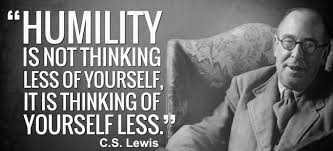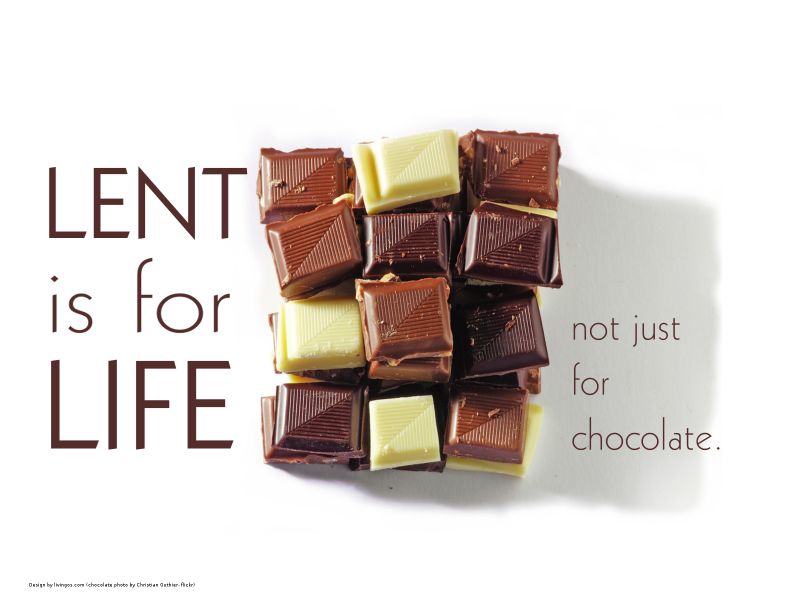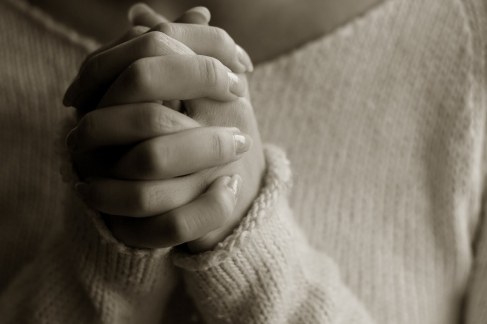
The standard Christian reply one receives when one admits to stress, conflict, doubt and defeat is something along the lines of, ‘you need to pray more,’ ‘you need to believe more,’ more of this or not enough of that. While these are good, traditional responses, they leave us wanting. What am I saying?? These are horrible responses!! Instead of picking us up, they leave us heaped on the floor often making us feel worse than we did before. Gee, I only felt like crap before, and now I have guilt and feelings of inadequacy to go with the crap. Thanks a bunch.. (insert polite smile emoji here).
Who doesn’t succumb to stress, conflict, doubt & defeat, among other things (hereafter referred to as ‘stressors’), now and then? If you say you don’t, either you’re not human, or you’re trying to prove something to others, or worse, to yourself; worse because sometimes, we are our own worst enemy (you know who you are). This is not healthy my friend. Experiencing stress, conflict, doubt and defeat is normal, and in measured doses, actually beneficial. The presence of these things is a very good indicator of the probability that we are growing, that we have outgrown what once fit our context and now need more, or that we are being challenged to see what lies beyond our comfort zones. Without these in one form or another, progress is unlikely at best.
How do we deal with them? What is the proper response to these stressors in our lives? What’s the remedy? These are relevant questions. And when you find the answers, please let me know as well… Haha! I kid, I kid.
If experiencing stressors is a normal part of life, then (assuming you agree with that) doesn’t it make sense that our response should also be ‘normal’ or natural? How do children respond to these stressors? Well, they simply run home to mama (assuming their caregiver is not the source of stressors). Children know instinctively to run into the comforting arms of their caregivers when faced with stressors. It’s natural, it’s normal, it’s what works. The comforting touch of a caregiver soothes the symptoms of stress and reassures the child that all will be well. And before you know it, they’re off and running again.
Our relationship with God is like that. God is a constant presence, the reason and cause of our peace. It’s our belief, i.e., trust that God is with us, as the scriptures tell us over and over again, that gives us peace. For children, it’s their belief that their caregiver will be present in their lives, which gives them confidence and security to face the world. It’s the trust that the caregiver will come to their aid that fosters security and comfort. Without the certainty and security of presence, there is no peace.
The Bible tells us in soooo many ways not to be afraid because God is with us. ‘Fear not, for I am with you, I will never leave you nor forsake you.’ How do we know this to be true? We don’t. We hope it is true. We trust that it is, just as children trust in the caregiver’s promises of presence.
So… what about praying and believing and all that, you ask. Read the 3-part post entitled ‘Prayer, What is it good for?’ below. As for believing, I’ll discuss that in the next devotional and pick up where we left off today.







